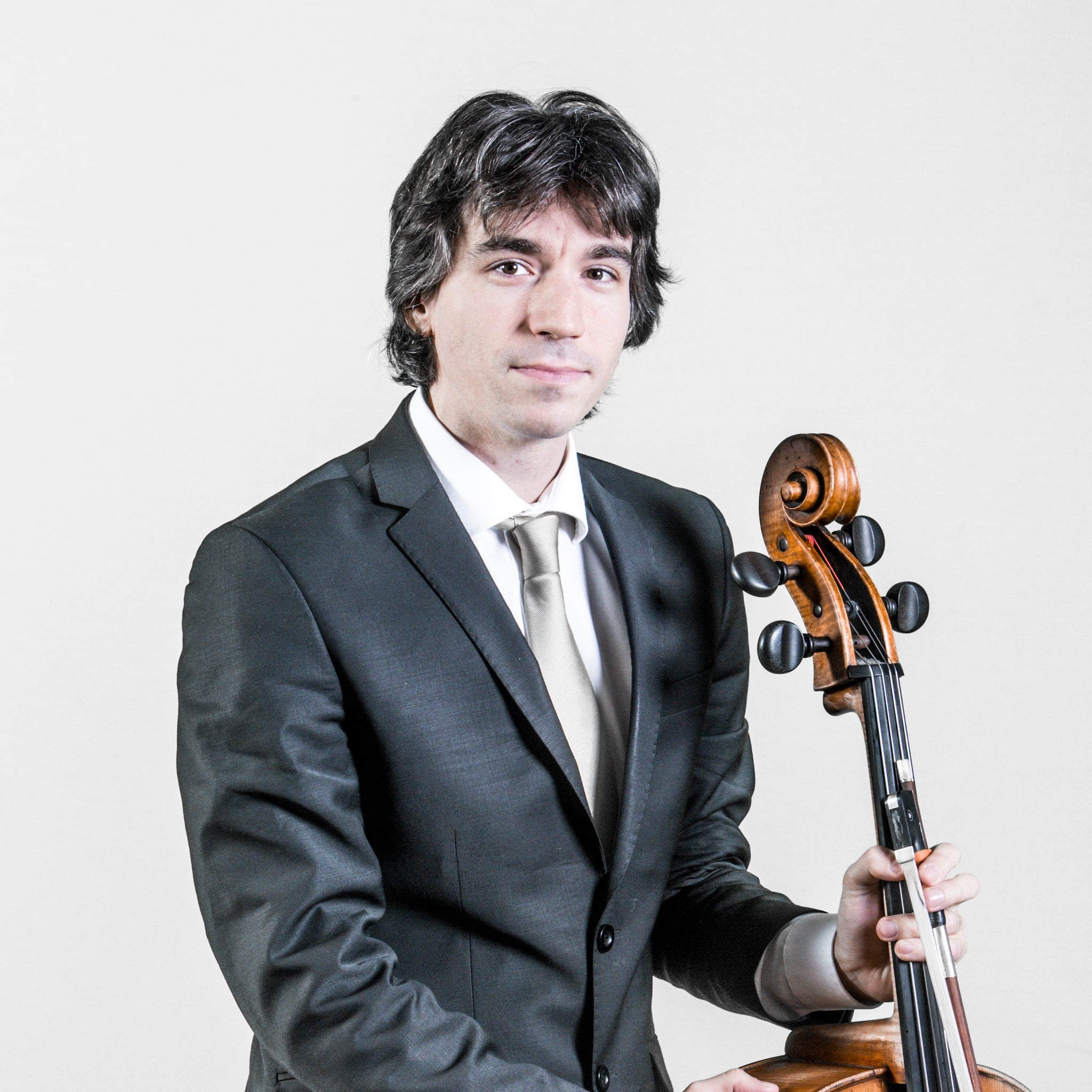Smile: US university rescues music department
mainSupport for the department of music at Evansville University was so effusive that the college has scrapped plans for closure and will upgrade the faculty to Conservatory status.
Watch.


Support for the department of music at Evansville University was so effusive that the college has scrapped plans for closure and will upgrade the faculty to Conservatory status.
Watch.

This is Deutsche Grammophon promo for her forthcoming…

The death has been made known of the…

The principal trumpet of the Gothenburg Opera Orchestra…

Martin Hébert is stepping down after 19 years…

Session expired
Please log in again. The login page will open in a new tab. After logging in you can close it and return to this page.
Comments